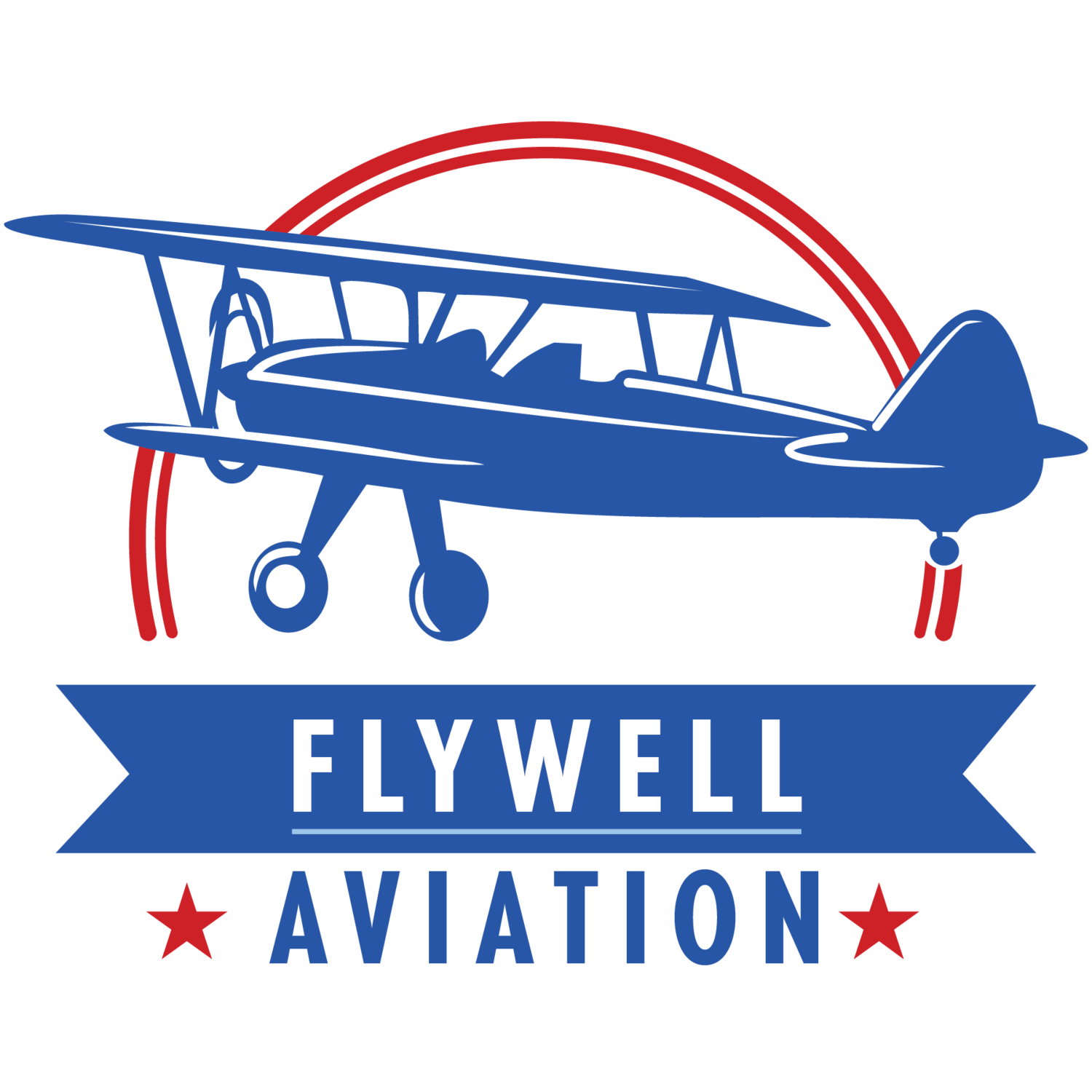Flight Training
Student Pilot:
A student pilot must be at least 16 years old and pass a class 3 medical exam conducted by an FAA designated physician. A student pilot certificate is required to solo an airplane and is held during training for pilot certification. A student pilot may not fly with passengers.
Private Pilot:
An individual must be at least 17 years old and have a minimum of 40 hours flying. The individual must pass the FAA written knowledge exam (60 question multiple choice test with a passing grade of at least 70%), hold at first, second, or third class medical certificate, and pass an oral and flight test (called the "check ride") with an FAA designated examiner. A private pilot can fly solo or with passengers. Although a private pilot may carry passengers, they cannot be paid for their services. All expenses (e.g., plane rental, fuel, landing and airport fee) may be shared equally. Private pilots may fly only by "visual flight rules" (VFR) that limit the pilot to specific weather requirements regarding clouds and visibility conditions.
Instrument Rating:
An instrument rating allows a pilot to fly in instrument meteorological conditions (IMC) - i.e., lower visibility, poor weather conditions, and through clouds. An individual must hold at least a private pilot license, have flown at least 50 hours cross country (more than 50 nautical miles one way to another airport) as pilot in command, at least 40 hours instrument experience, hold at least a third class medical certificate, and pass an oral and flight test with an FAA examiner.
Commercial Pilot Certification:
A commercial pilot may fly passengers for hire. Moreover, commercial pilots must be a private pilot (with a minimum of 250 hours of flying, 10 hours of which must be in a complex aircraft), have an instrument rating, be at least 18 years old, and hold a class 2 medical certificate. They must also pass a written examination and an FAA checkride.
Certified Flight Instructor:
An individual must be at least 18 years old, and hold a commercial or airline transport certificate with an instrument rating. One must also pass 2 FAA written knowledge exams and FAA checkride. An authorized flight instructor may instruct private or commercial students. Additional instructor ratings may be obtained to teach instrument and multi engine flying.
Are you ready to get started?
If you have questions about the opportunities available to you in our programs, feel free to send us a message. We will get back to you as soon as possible.
